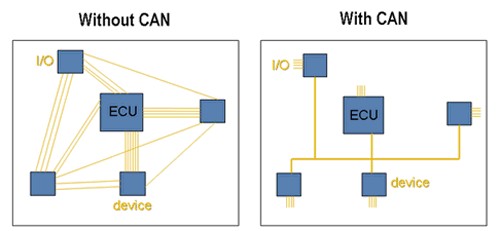Can you freeze broth
This shows grade level based on the word’s complexity. She can solve the problem easily, I’m sure. He can play can you freeze broth, although he’s not particularly good at it.
A dictator can impose his will on the people. He can change whatever he wishes in the script. Can I speak to you for a moment? A coin can land on either side.
WILL YOU SAIL OR STUMBLE ON THESE GRAMMAR QUESTIONS? Smoothly step over to these common grammar mistakes that trip many people up. Fill in the blank: I can’t figure out _____ gave me this gift. We can but do our best. We cannot but protest against these injustices. May I address the court, Your Honor?
WORDS THAT MAY BE CONFUSED WITH can1. He’s been in the can for a week. When Is It OK to Cheat? 2002, 2001, 1995 by Houghton Mifflin Harcourt Publishing Company.
Published by Houghton Mifflin Harcourt Publishing Company. On this Wikipedia the language links are at the top of the page across from the article title. This article is about the German band. The roots of Can can be traced back to Irmin Schmidt and a trip that he made to New York City in 1966. When I founded the group I was a classical composer and conductor and pianist making piano recitals, playing a lot of contemporary music but also Brahms, Chopin and Beethoven and everything. And when we got together I wanted to do something in which all contemporary music becomes one thing.
Contemporary music in Europe especially, the new music was classical music was Boulez, Stockhausen and all that. Up to that point, the inclinations of all three musicians had been exclusively avant-garde classical. In fact, both Schmidt and Czukay had directly studied under the influential composer Karlheinz Stockhausen. The band used the names “Inner Space” and “the Can” before finally settling on Can, stylised in all caps. Mooney suggested the name due to its positive meanings in various languages. For example, in Turkish, a language much heard in Germany, “can” may mean, depending on the context, “life, soul, heart, spirit, beloved and vitality”. Mooney made his last recordings with Can in December 1969 before returning to America around the end of the year on a psychiatrist’s advice, having been told that getting away from Can’s chaotic music would be good for his mental health.
The next few years saw Can release its most acclaimed works. While its earlier recordings tended to be at least loosely based on traditional song structures, on its mid-career albums the band reverted to an extremely fluid improvisational style. The track “Spoon” was used as the theme song and, released as a single, reached number 6 in the German singles chart. Tago Mago was followed in 1972 by Ege Bamyasi, a more accessible but still avant-garde record which featured “Spoon” and the catchy “Vitamin C”.
